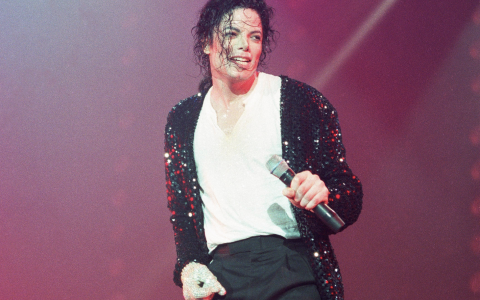
HBO and the Jackson estate have been locked in a legal war ever since the premium cable network agreed to run the documentary, which chronicles child sexual abuse allegations against Jackson.
The Jackson estate has argued that the two men featured in the documentary — Wade Robson and James Safechuck — fabricated their allegations for financial gain. The estate’s lawyers could not sue for defamation, as Jackson is dead, but they dug up a contract from a 1992 HBO concert special from Jackson’s “Dangerous” tour, which contained a non-disparagement clause.
The estate argued that the documentary constituted a breach of the 1992 agreement, and went to court seeking to compel arbitration. HBO countered that the estate was seeking to squelch free expression by invoking a clause from an irrelevant and long-expired contract.
But in September, U.S. District Judge George Wu sided with Jackson’s estate and granted the motion for arbitration.
In an opening brief to the 9th Circuit Court of Appeals, HBO’s attorney, Theodore Boutrous, urged the court to reverse Wu’s ruling on the grounds that the contract had expired, and to order the case dismissed. He argued that HBO had aired the concert film — “Live in Bucharest” — exactly once, and that neither side had operated as though the contract were still in effect over the subsequent 27 years.
He noted, for instance, that Jackson’s attorneys had never updated the contact information for his attorneys and management firm, even though the attorneys no longer represent Jackson and the management firm no longer exists.
“In light of the contract as a whole, it would be unreasonable to interpret the non-disparagement sentence, which is collateral to the 1992 Agreement’s principal objective of a one-time-only exhibition of ‘Live in Bucharest,’ to mean that the parties intended for HBO to waive its right to disseminate newsworthy allegations about Mr. Jackson for all time on any topic,” Boutrous wrote.
He also argued that the estate is essentially making a defamation claim, and trying to use the 1992 contract to get around the prohibition on bringing such claims on behalf of dead people.
“The petition in this case is a transparent effort to unlawfully punish ‘would-be critics’ of public figures like Mr. Jackson who ‘may be deterred from voicing their criticism, even though it is believed to be true and even though it is in fact true,'” Boutrous wrote, quoting from the Supreme Court’s decision in New York Times v. Sullivan, which sets a high bar for defamation claims against public figures.
The Jackson estate’s response is due on March 30.
This article originally appeared on MSN.



